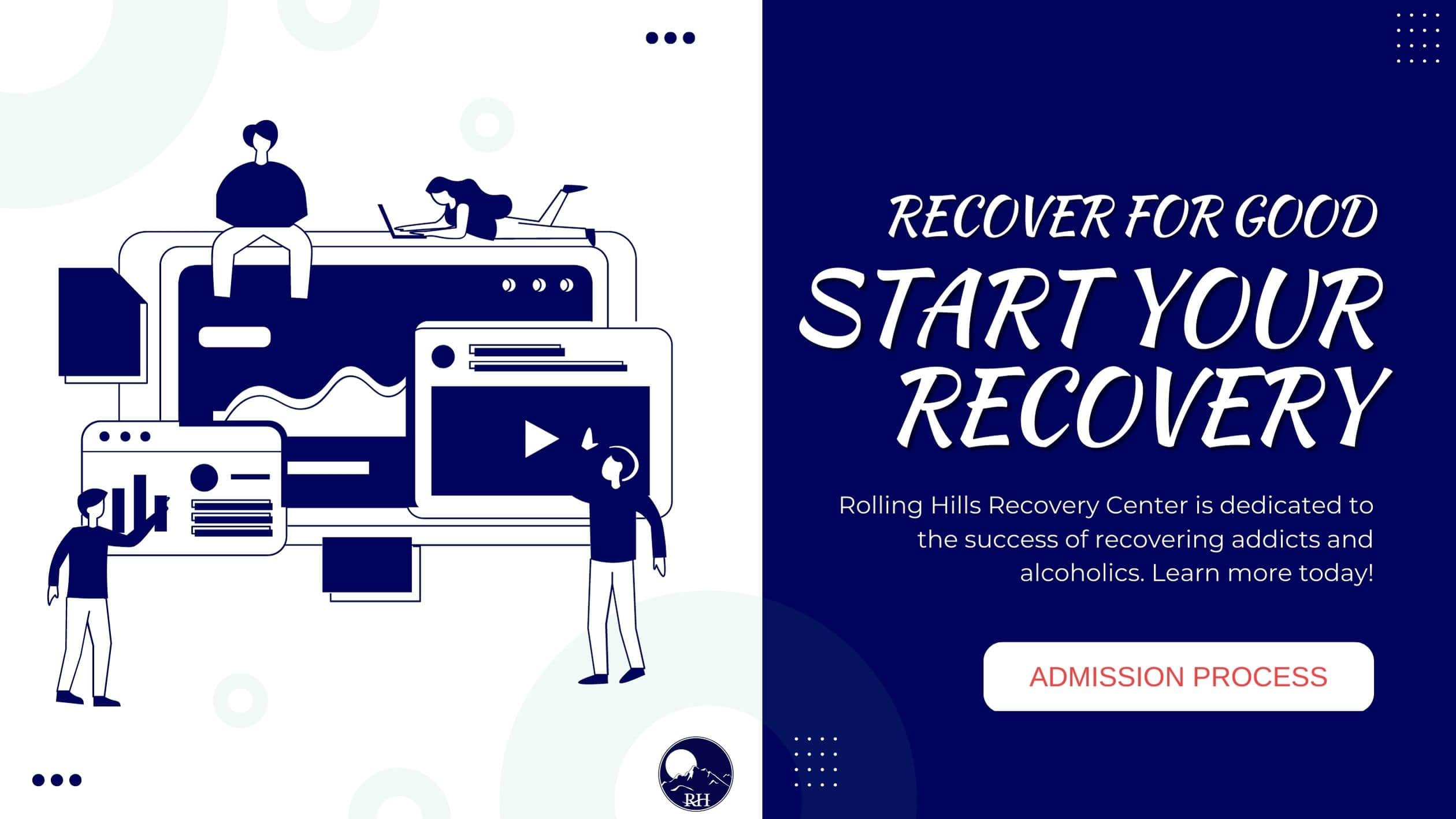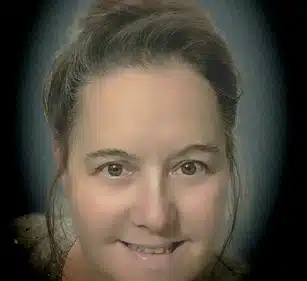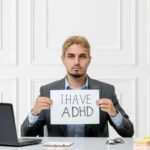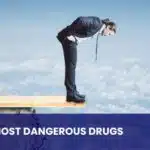People who struggle with drugs and alcohol often want to stop using these substances but discover doing so is difficult. As a result, they may make several attempts to quit drug and alcohol use but are unsuccessful. If you’ve been through this struggle, you’re not alone. Almost two million people in the United States sought substance abuse treatment in 2019.
By taking the proper steps to quit using drugs and alcohol and implementing a substance abuse treatment program, you can succeed in your sobriety quest.
Why Is It Hard to Stop Drug and Alcohol Use?
You may wonder why it is so hard to quit using drugs and alcohol. The answer is because of how the substance works in the brain. The brain cells communicate using neurons, receptors, and neurotransmitters. Taking a substance interferes with how the neurons do their job: to send, receive, and decode messages through the neurotransmitter.
Some drugs alter or mimic certain activities of the neurotransmitter. This leads to a response that mimics chemicals the brain does produce. For example, some drugs may mimic the effects of dopamine, a chemical released in the brain that makes you feel “happy.”
Since the drug is not your brain’s chemical, it confuses the brain. The brain then suppresses the actual “feel good” chemicals. So, over time, the person does not receive the natural happy feelings from regular activities. Instead, they derive their good feelings artificially from drugs and alcohol. This is one of the ways that substances lead people to drug addiction.
Drugs and alcohol also stimulate the brain’s reward center, making people want to reuse repeatedly.
Other secondary factors that may make it more difficult to stop using drugs and alcohol are:
- A co-occurring mental health disorder
- Lack of support at home
- Trying to quit on your own
Steps to Stop Using Drugs and Alcohol
If you are ready to find out more about how to stop drinking alcohol and using drugs, the following steps will get you on the right track for recovery:
- Admit you have a problem. Be honest with yourself and those closest to you.
- Reach out to a treatment rehab facility to start the admissions process. You may need to research where drug and alcohol abuse rehabs are near you.
- Verify your insurance benefits. You can do this by contacting the rehab facility you plan to attend and asking them to check your insurance. In most cases, they can quickly answer whether your insurance is accepted.
- You can always consider financial aid options if you don’t have insurance. In addition, some rehab facilities may offer sliding scale fee adjustments, financial aid, or payment plans.
- Begin a treatment program at a substance abuse rehab.
- Continue outpatient treatment to minimize relapse.
Effective Treatment for People Who Misuse Drugs and Alcohol
Seeking assistance from a drug rehab facility is a crucial part of recovery. Several levels of care will help you along the journey to sobriety. Some of these treatment levels include:
You will participate in therapy sessions during your time in a treatment program. Therapy is the foundation of a thorough treatment regimen. Some of the therapies you might encounter include:
- Cognitive behavioral therapy
- Rational emotive behavior therapy
- Contingency management interventions
- 12-step facilitation program
- Motivational enhancement therapy
- Group therapy
- The Matrix Model program
- Family therapy
Reach Out for Help
Take the next step toward recovery by reaching out to Rolling Hills Recovery Center. An admissions navigator will assist you with the admissions process. So move forward and find the help you need today!
Sources:
Substance Abuse and Mental Health Services Administration, Center for Behavioral Health Statistics and Quality. (2019). Treatment episode data set (TEDS): 2019. admissions to and discharges from publicly funded substance use treatment. Rockville, MD: Substance Abuse and Mental Health Services Administration.
National Institute on Drug Abuse. (2022) Drugs and the brain.
National Institute on Drug Abuse. (2019). Treatment approaches for drug addiction DrugFacts.
Center for Substance Abuse Treatment. What Is Substance Abuse Treatment? A Booklet for Families. HHS Publication No. (SMA) 14-4126. Rockville, MD: Substance Abuse and Mental Health Services Administration, 2004.
National Institute on Drug Abuse. (2022). Types of Treatment Programs.
National Institute on Drug Abuse. (2020). Principles of effective treatment.
Author
-
Dr. Williams has held senior leadership positions in the behavioral health field for over 30 years. He has worked with diverse populations in various private and public sectors.
View all posts
-
Sherrilyn is an experienced mental health writer with a demonstrated history in content marketing. HubSpot inbound marketing certified with skills in SEO, content creation, proofreading, editing, and teaching.
View all posts














